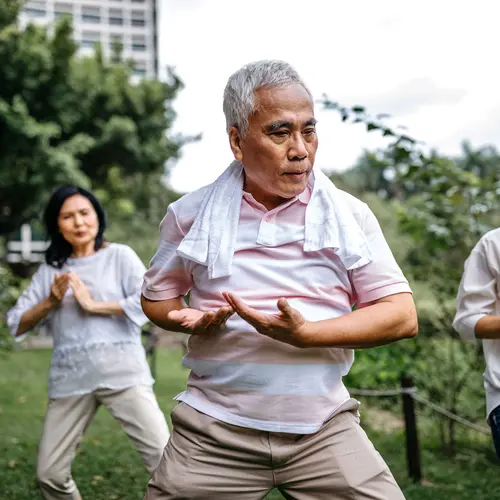Naps help Constance Kobylarz Wilde, 58, recharge, especially if she takes them right after lunch. Wilde, a marketing manager and health blogger in Mountain View, Calif., is constantly juggling her schedule as a working mom and family caregiver. She's up by 6 a.m. every day and tries to go to bed by 10:30 p.m. But unanticipated issues often push her bedtime later.
"I can't do all-nighters anymore or just get six hours of sleep without it beginning to affect me," she says.
So to combat fatigue and stay on top of things at work and at home, Wilde has made power naps a regular part of her routine, setting an alarm for a short snooze.
Naps and Sleep Deprivation
Daytime naps can be one way to treat sleep deprivation, says Sara C. Mednick, PhD, sleep expert and author of Take a Nap! Change Your Life. "You can get incredible benefits from 15 to 20 minutes of napping," she says. "You reset the system and get a burst of alertness and increased motor performance. That's what most people really need to stave off sleepiness and get an energy boost."
The length of your nap and the type of sleep you get help determine the brain-boosting benefits. The 20-minute power nap -- sometimes called the stage 2 nap -- is good for alertness and motor learning skills like typing and playing the piano.
What happens if you nap for more than 20 minutes? Research shows longer naps help boost memory and enhance creativity. Slow-wave sleep -- napping for approximately 30 to 60 minutes -- is good for decision-making skills, such as memorizing vocabulary or recalling directions. Getting rapid eye movement or REM sleep, usually 60 to 90 minutes of napping, plays a key role in making new connections in the brain and solving creative problems.
Naps Versus Coffee
Is taking a catnap better than reaching for a cup of joe? Yes, Mednick says, because caffeine can decrease memory performance. So you may feel more wired, but you are also prone to making more mistakes.
"If I don't get my naps, I get cranky and unfocused by the end of a week of short nights," Wilde says. "For me, that nap helps bring back my energy level."
Napping Tips
Research has found that napping regularly may reduce stress and even decrease your risk of heart disease. To get the most out of a power snooze, follow these quick tips from Mednick:
Be consistent. Keep a regular nap schedule. Prime napping time falls in the middle of the day, between 1 p.m. and 3 p.m.
Make it quick. Set your cell phone alarm for 30 minutes or less if you don't want to wake up groggy.
Go dark. Nap in a dark room or wear an eye mask. Blocking out light helps you fall asleep faster.
Stay warm. Stash a blanket nearby to put over you because your body temperature drops while you snooze.

